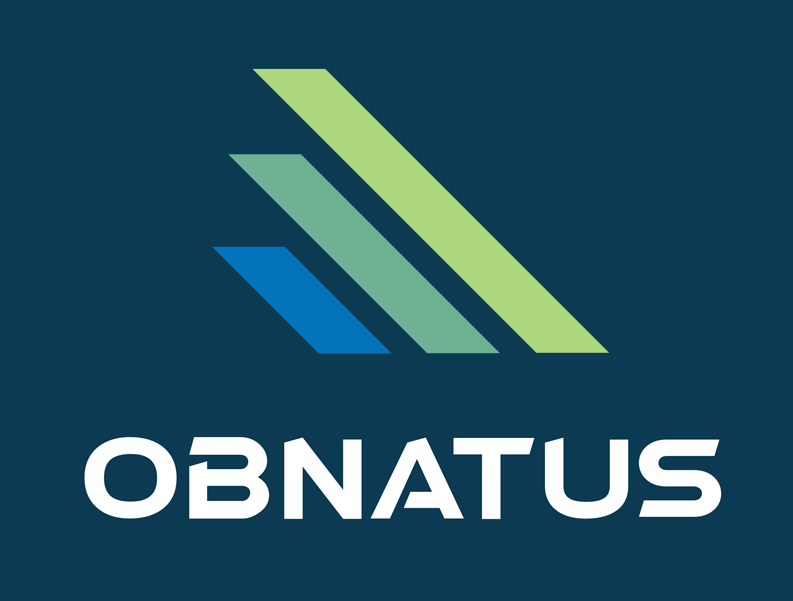The Influence of Neuro-Linguistic Programming (NLP)
Neuro-Linguistic Programming, developed in the 1970s by Richard Bandler and John Grinder, has had a profound and lasting impact on the personal development and coaching industries. While sometimes controversial and criticised for a lack of scientific evidence, NLP’s concepts and techniques have been widely adopted and adapted by many personal development practitioners.
Core Concepts of NLP
At its core, NLP is based on the idea that there is a connection between neurological processes, language, and behavioural patterns learned through experience. The founders of NLP studied successful therapists and communicators to identify patterns that could be modelled and taught to others. Some key concepts include:
- Rapport: Techniques for quickly building trust and connection with others.
- Anchoring: Using sensory cues to elicit specific emotional states or responses.
- Reframing: Changing the context or meaning of an experience to alter its impact.
- Submodalities: Understanding and manipulating the sensory qualities of internal representations.
- Meta Model: A set of language patterns designed to clarify and challenge vague or limiting statements.
- Milton Model: Language patterns for inducing trance states and bypassing conscious resistance.
Impact on Personal Development and Coaching
NLP has influenced the personal development field in several significant ways:
- Communication Skills: Many personal development programs incorporate NLP techniques for improving interpersonal communication and influence.
- Goal Setting and Visualisation: NLP approaches to creating well-formed outcomes and vividly imagining success have been widely adopted.
- Belief Change: Techniques for identifying and shifting limiting beliefs are common in many coaching and personal development methodologies.
- Modelling Excellence: The NLP approach of studying and replicating successful behaviours has influenced many success and achievement-oriented programs.
- State Management: NLP techniques for quickly changing one’s emotional state have been incorporated into various stress management and peak performance approaches.
Many prominent figures in the personal development world, including Tony Robbins, have been heavily influenced by NLP and have incorporated its techniques into their work. While not always explicitly labelled as NLP, many of its core ideas and practices have become standard tools in the personal development toolkit.
Key Therapeutic Influences on Coaching
Person-Centred Approach: Carl Rogers’ humanistic, client-centred approach has deeply influenced coaching philosophy. The emphasis on creating a supportive, non-judgmental environment and trusting in the client’s innate capacity for growth aligns closely with many coaching principles.
Cognitive-Behavioural Therapy (CBT): Many coaching techniques for challenging limiting beliefs and changing thought patterns draw inspiration from CBT. The focus on the connection between thoughts, feelings, and behaviours is central to many coaching approaches.
Solution-Focused Brief Therapy: This approach’s emphasis on focusing on solutions rather than problems and using scaling questions to measure progress has been widely adopted in coaching.
Psychodynamic Insights: While coaching generally doesn’t delve deeply into past experiences or unconscious motivations, some understanding of psychodynamic principles can inform coaches’ work, particularly in executive coaching contexts.
Gestalt Therapy: Techniques like the “empty chair” exercise and a focus on present-moment awareness have influenced some coaching methodologies.
Motivational Interviewing: This therapeutic approach to facilitating behaviour change has been adapted for use in many coaching contexts, particularly in health and wellness coaching.
Positive Psychology: The emphasis on cultivating strengths, positive emotions, and well-being aligns closely with many coaching philosophies and has been widely incorporated into coaching practices.
Motivational Interviewing: This therapeutic approach to facilitating behaviour change has been adapted for use in many coaching contexts, particularly in health and wellness coaching. The focus on eliciting the client’s own motivation for change and resolving ambivalence is highly relevant to coaching’s goal-oriented nature.
Gestalt Therapy: Techniques like the “empty chair” exercise and a focus on present-moment awareness have influenced some coaching methodologies. The Gestalt emphasis on holistic awareness and personal responsibility resonates with many coaching approaches.
Psychodynamic Insights: While coaching generally doesn’t delve deeply into past experiences or unconscious motivations, some understanding of psychodynamic principles can inform coaches’ work, particularly in executive coaching contexts. Awareness of defence mechanisms, transference, and unconscious patterns can provide valuable insights.
Mindfulness-Based Approaches: Techniques derived from mindfulness-based therapies have been widely incorporated into coaching practices, helping clients develop greater self-awareness and emotional regulation skills.
While coaching has been influenced by these therapeutic approaches, it’s important to note key differences:
Focus: Coaching typically focuses on present challenges and future goals, while therapy often deals more with past experiences and emotional healing.
Mental Health: Coaches are not trained to diagnose or treat mental health conditions, which is the domain of licensed therapists.
Timeframe: Coaching engagements are often shorter-term and more focused on specific outcomes compared to some forms of therapy.
Methodology: Coaching tends to be more action-oriented and skills-focused, while therapy may involve deeper exploration of emotions and past experiences.
By integrating insights and techniques from various therapeutic modalities, coaching has developed into a distinct field that offers powerful tools for personal and professional development. The ongoing cross-pollination between therapy and coaching continues to enrich both fields, providing practitioners with a diverse toolkit to support client growth and transformation.





